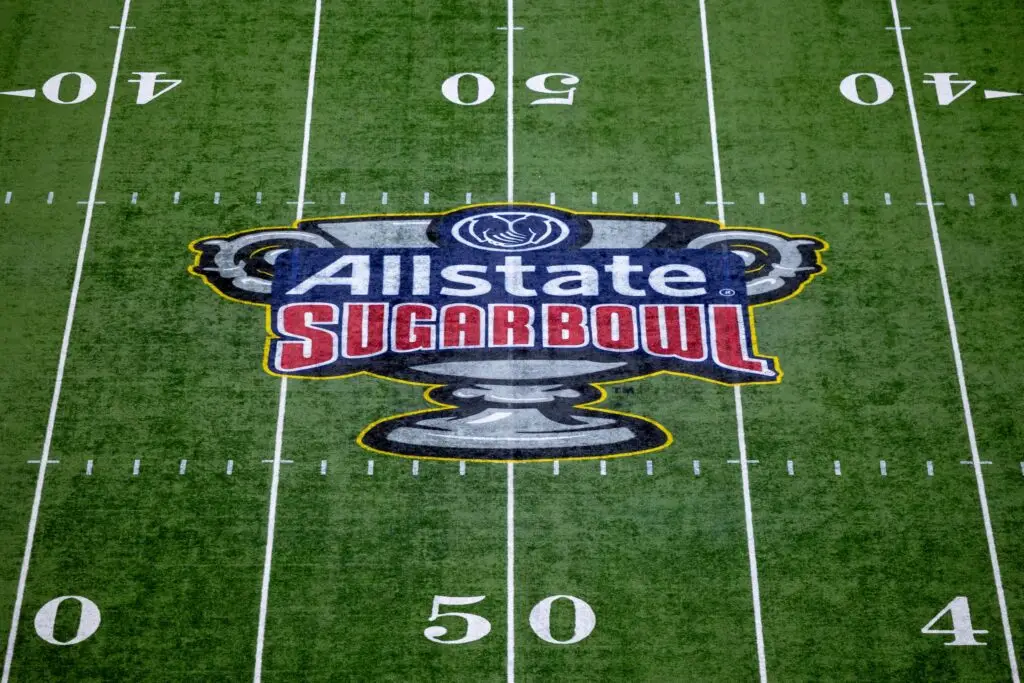Origins and Early History
The Sugar Bowl emerged from the vision of Colonel James M. Thomson, publisher of the New Orleans Item, and sports editor Fred Digby in 1927. Conceived during the depths of the Great Depression, this bowl game would become one of the most prestigious postseason college football events in the United States. The inaugural game took place on January 1, 1935, with Tulane defeating Temple 20-14 in Tulane Stadium, marking the beginning of a remarkable sporting tradition.
Historical Significance
Since its inception, the Sugar Bowl has been more than just a football game. It represents a pivotal moment in sports history, particularly in breaking racial barriers. In January 1956, Bobby Grier became the first African-American player to compete in the Sugar Bowl, a significant milestone during the civil rights era. Despite opposition from Georgia’s governor, Georgia Tech chose to play, demonstrating the bowl’s role in social progress.
Venue Evolution
Tulane Stadium (1935-1975)
The original home of the Sugar Bowl was Tulane Stadium, a venue generously provided by Tulane University at no charge. This historic location hosted the game for its first 40 years, witnessing countless memorable moments in college football.
Louisiana Superdome (1976-2005)
In 1976, the game moved to the Louisiana Superdome (now known as the Caesars Superdome), becoming a more modern and accessible venue. This move coincided with the Southeastern Conference (SEC) becoming the traditional host conference.
Hurricane Katrina Interruption
Following Hurricane Katrina in 2005, the Sugar Bowl was temporarily relocated to the Georgia Dome in Atlanta for the 2006 game, showcasing the event’s resilience in the face of adversity.
Sponsorship Timeline
The Sugar Bowl has enjoyed several notable sponsorships throughout its history:
- USF&G Financial Services (1988-1995)
- Nokia (1996-2006)
- Allstate (2007-present)
Currently known as the Allstate Sugar Bowl, the event has maintained strong corporate partnerships that have helped sustain its economic and sporting significance.
Conference Relationships
The Sugar Bowl has a longstanding relationship with the Southeastern Conference (SEC). From 1950 to 1995, the SEC fielded one of the bowl’s teams in all but one game. Today, the bowl typically features an SEC team and a Big 12 team, unless it is hosting a College Football Playoff semifinal.
Economic Impact
The Sugar Bowl is more than just a sporting event. According to its mission statement, the organization aims to generate economic growth for New Orleans and Louisiana. In the last decade alone, the bowl has generated over $2.5 billion in economic impact for the region.
Ticket Information
Pricing and Availability
Ticket prices for the Sugar Bowl vary widely depending on several factors:
- Seat location
- Matchup popularity
- Proximity to game day
- Seating category (general admission vs. premium)
Purchasing Options
Fans can acquire tickets through multiple channels:
- Official Sugar Bowl website
- Authorized ticket vendors
- Secondary market platforms
- Bowl game ticket offices
Ticket Price Range
- Average ticket prices: $300-$800
- Cheapest seats: Around $150
- Premium seats: Can exceed $1,000
Modern Era and College Football Playoff
Since 2014, the Sugar Bowl has been part of the College Football Playoff rotation. This means it occasionally hosts national semifinal games, further elevating its prestige in the college football landscape.
Memorable Moments
Some unforgettable Sugar Bowl highlights include:
- 1956: First integrated game with Bobby Grier
- 1992: First Bowl Coalition National Championship
- 2006: Game relocated to Atlanta after Hurricane Katrina
- 2022: Baylor’s dramatic victory over Ole Miss
Future Outlook
The Sugar Bowl continues to adapt to the changing landscape of college football. With its rich history, strong conference ties, and commitment to excellence, it remains a cornerstone of postseason college football.
Cultural Significance
Beyond the game itself, the Sugar Bowl has become a cultural institution. Annual festivities include a regatta on Lake Pontchartrain and unofficial Mardi Gras-style parades, embedding the event deeply in New Orleans’ vibrant traditions.
The Sugar Bowl represents more than just a football game. It’s a celebration of athletic excellence, regional pride, and the enduring spirit of college sports. From its humble beginnings during the Great Depression to its current status as a premier postseason event, the Sugar Bowl continues to capture the imagination of football fans across the nation.

